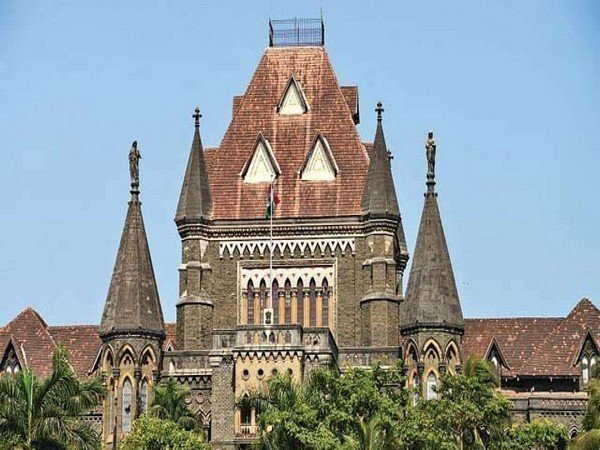The Bombay High Court in the case Uday v. State of Maharashtra & Anr. and connected matter observed and has held that number of persons who committed the murder is irrelevant in cases related to trade union activities while categorizing the case for the purpose of premature release of life convicts.
The court held that what is relevant is murder should have been committed as a result of trade union activities and therefore, whether murder has been committed by more than one person/group of persons is totally irrelevant.
The division bench comprising of Justice Revati Mohite Dere and the Justice Madhav J. Jamdar observed while dealing with two writ petitions challenging state government orders categorizing their case as “murder committed by more than one person.
In the present case, the petitioners are convicts in a murder case and are serving life imprisonment. In 2021, the Home Department of the Maharashtra government passed two orders classifying their case under Guideline 4(d) “murder committed by more than one person” of the 2010 guidelines for premature release of life convicts. It was directed by the State government that the petitioners be released after completion of 24 years of imprisonment, including remission.
However, the petitioners approached the High Court praying for categorization of their case under Guideline 4(c) “murder resulting from trade union activities and business rivalry” which has a period of imprisonment of 22 years.
The Counsel, Advocate Rupesh Jaiswal appearing for the petitioners submitted that the incident in question took place because of rivalry between two trade unions. Thus, the deceased was a member of Mumbai Labour Union and both the petitioners were members of Bhartiya Kamgar Sena. It was submitted by him that the case falls under category 4(c) of the guidelines.
The Counsel, Additional Public Prosecutor J. P. Yagnik appearing for the state submitted that the case has been categorised under category 4(d) of the guidelines as the murder was committed by more than one person.
Further, the court perused the trial court judgement and found that the incident in question had taken place due to trade union activities.
It was observed by the court that though the murder has been committed by three persons, guideline 4(c) does not restrict its application to murders committed by a single person. However, the relevant is that the murder is a result of trade union activities and it is irrelevant, whether murder has been committed by more than one person.
The court relied on the Supreme Court judgement in the case State of Haryana and Ors. v. Jagdish, where in the court held that the category more beneficial to the convict will apply if the case falls under two different categories in the same guideline.
It was held by the court that the case is covered by the guideline no. 4(c). Even assuming that it falls under both the categories 4(c) and 4(d) and the more beneficial category will apply to the petitioner’s case.
Accordingly, the court set aside the order passed by the state and directed that the case of the petitioners be classified under category number 4(c) of the 2010 guidelines.

















